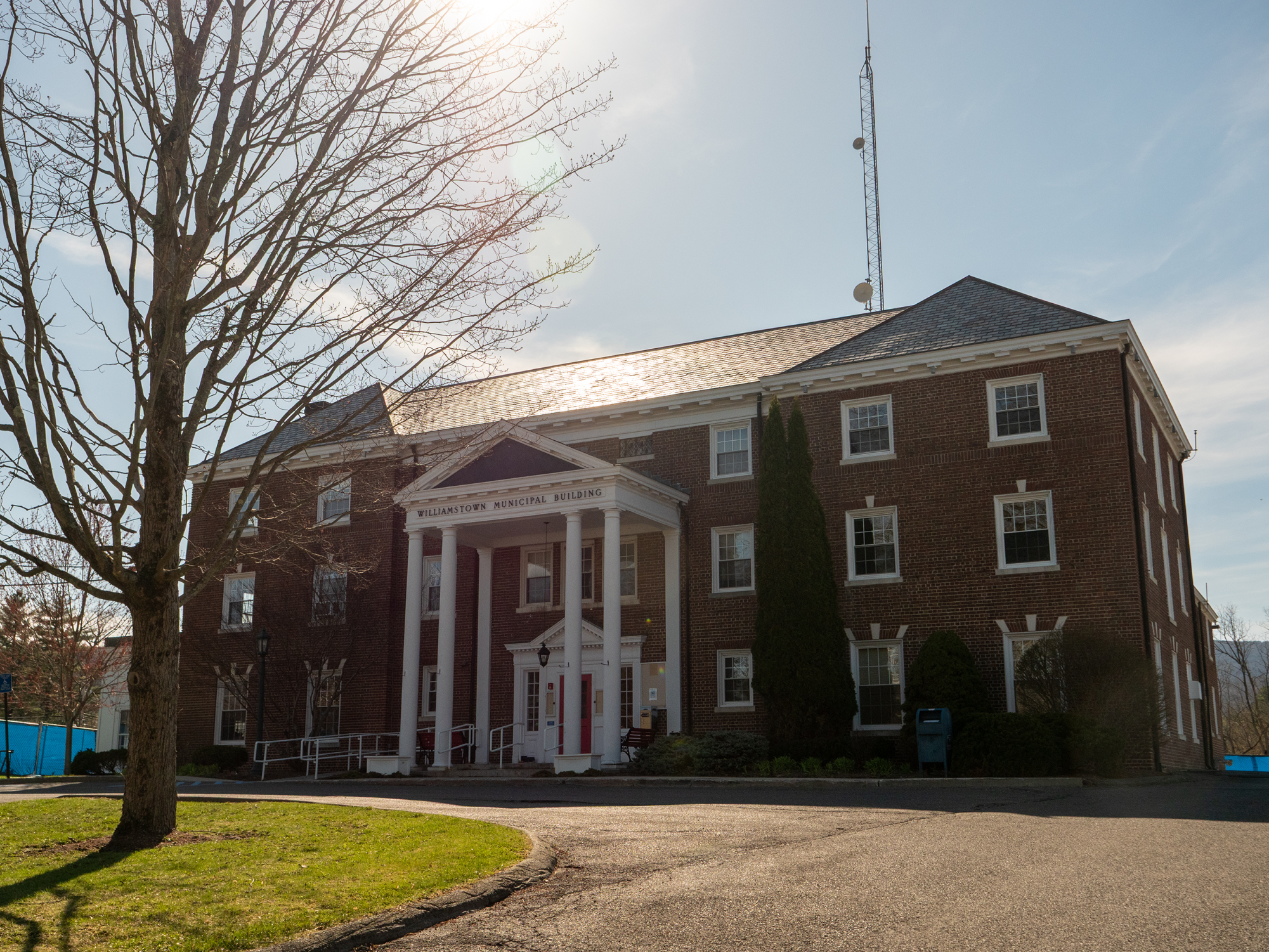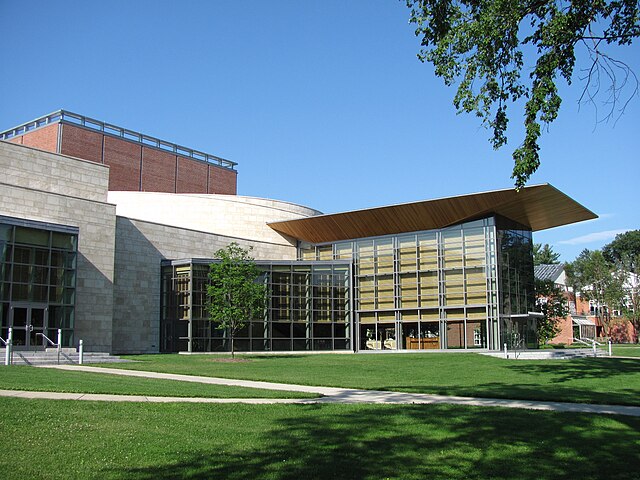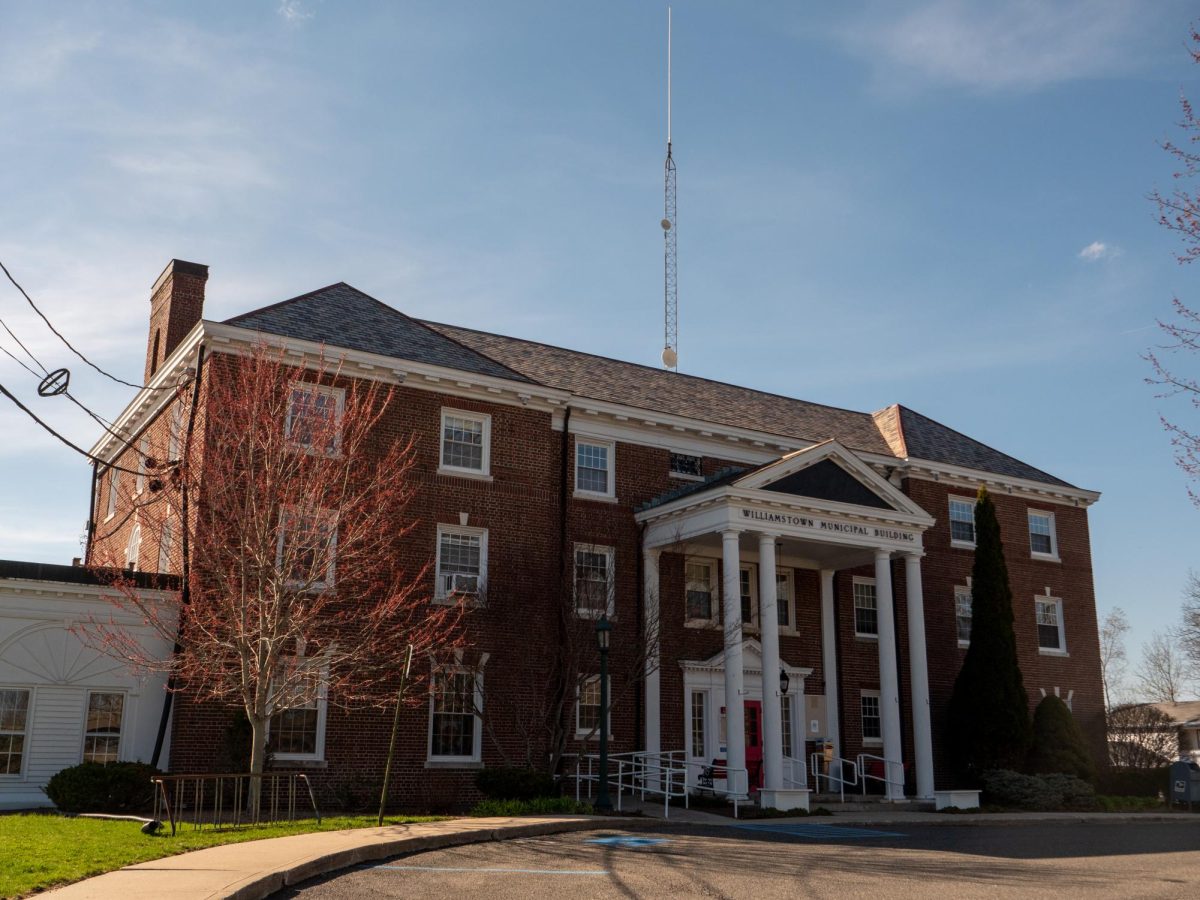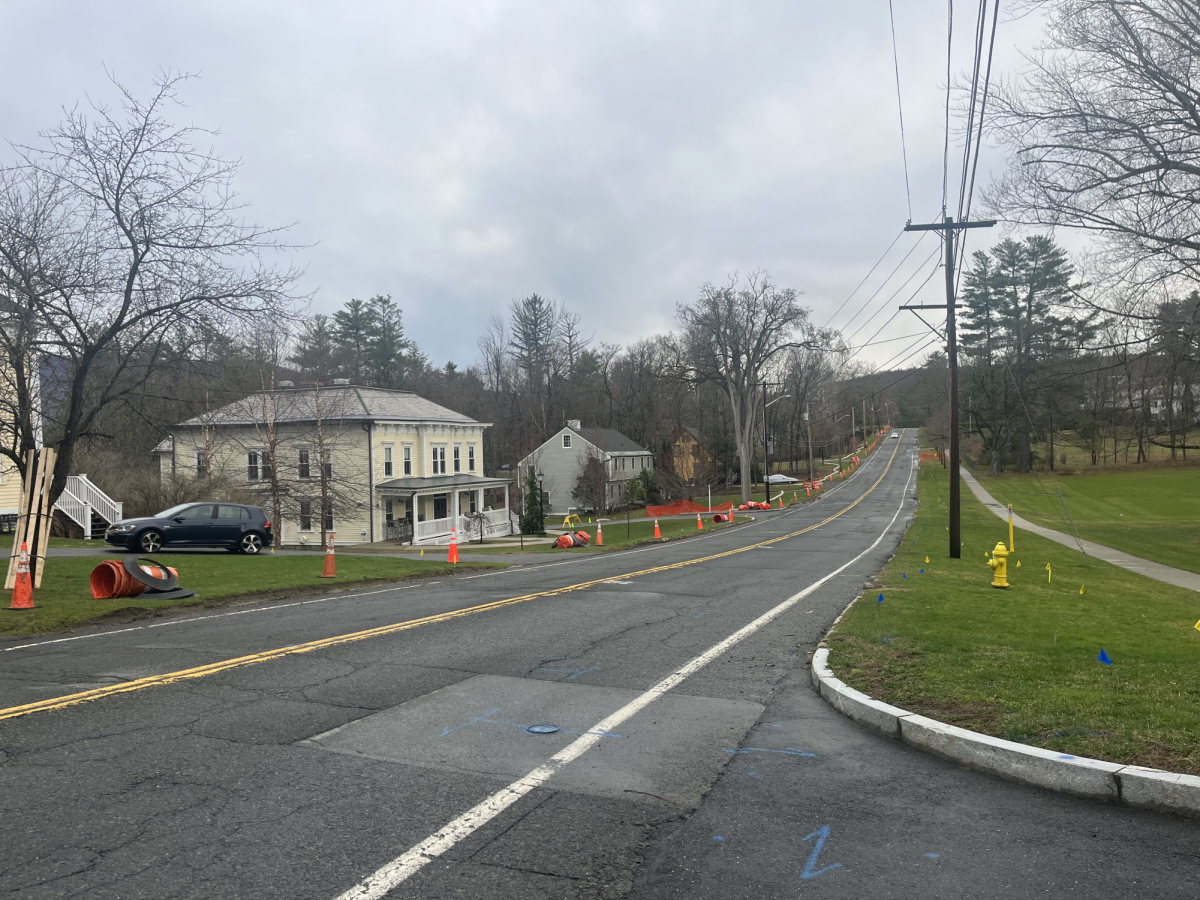
The Williamstown Select Board voted to recommend against Town voters approving the Hoosac Water Quality District’s (HWQD) proposed sewer rate at Town Meeting next month, in protest of a potential deal that would compost sewage sludge from outside the district in the Town. The sewer department-related article, Article 5, will be the only fiscal article to appear on the warrant at Town Meeting on May 22 without the recommendation of the Select Board.
The HWQD — which operates the sewage systems in Williamstown, North Adams, and Clarksburg — currently has a wastewater treatment and compost facility in the Town.
According to Select Board member Stephanie Boyd, the facility currently composts sludge — the solid waste left over from wastewater treatment procedures — from the HWQD’s member towns, but does not currently take sludge from other communities. The facility is one of few in the region with excess capacity.
The HWQD is considering a partnership with waste management company Casella to compost sludge from other communities at its facility in the Town. The plan would allow the HWQD to lower sewer rates in Town by raising revenue from selling the compost it produces.
Boyd, who began to raise concerns about the proposed deal in February, explained that the HWQD is considering three options: sending sludge directly to a landfill, continuing to compost only the waste that is produced within the district, or begin composting the imported sludge.
Town residents and members of the Select Board have raised concerns that sludge and the compost it produces may contain PFAS — a class of chemical compounds sometimes known as “forever chemicals” that do not degrade quickly in the environment and are known to cause cancer when introduced into the local food system, according to the U.S. Environmental Protection Agency.
Several states, including Connecticut, Maine, and Vermont, have imposed bans or regulations on using compost that contains PFAS, and a bill before the Massachusetts legislature would prohibit the use of fertilizer derived from sludge. HWQD officials noted that, if similar regulations on compost were to go into place in Massachusetts, the cost to dispose of biosolids using other methods will dramatically increase.
“Personally, I think we should maintain the status quo this year so that we can better assess the situation and develop a longer-term plan,” Boyd wrote. “There are still many unanswered questions. We need to balance the needs of our community and our responsibility to care for the environment.”
Former Select Board Member Anne O’Connor advocated that the HWQD reconsider its current plan and expressed strong opposition to the proposal in a letter to the Williamstown Select Board, HWQD Director Brad Furlon, North Adams Mayor Jennifer Macksey, and the HWQD Board. “It is one thing to seek to ethically dispose of our own sewage sludge in an imperfect world,” O’Connor wrote. “It is quite different to go into the composting business, taking in sludge and ‘selling the problem down the road’… There hasn’t been adequate ethical and legal review.”
Town resident and board member of the Hoosic River Watershed Association (HooRWA) Todd Fiorentino wrote in a letter to the editor of iBerkshires that potential lower costs were not the environmental risks of the proposal. “As the country scrambles to find ways to filter PFAS from our drinking water, given that it causes cancer, Williamstown wants to sign on to spreading more of the chemical around?” he wrote, calling the proposal “madness.”
“So much toxic material never gets removed from sludge, even if it is composted,” said Lauren Stevens, another member of the HooRWA board. “It should never have been transported in the first place.”
The sewer rate, a fee charged to consumers based on the amount of water they use for sewage, is proposed by the district and has historically been approved without comment at Town Meeting. The Finance Committee, which sends fiscal articles to Town Meeting, unanimously recommended Article 5. The Select Board voted against the portion of it that relates to the sewer rate by a vote of 2-3, passing the rest of the article 3-2.
Jane Patton, one of the Select Board members who voted to endorse the article, noted that the Town does not have any direct power over what the district chooses to do. “I don’t see [recommending the article] as endorsing this process,” Patton said at the meeting.
It remains unknown what will happen if the Town votes to reject the proposed sewer rate, and Town Manager Robert Menicocci has told the Select Board that he would have to seek outside counsel, according to iBerkshires.
If the deal with Casella falls through, the district would likely be able to keep sewer rates consistent in fiscal year 2026, but Hugh Daley, one of Williamstown’s representatives to the four-member HWQD Board of Commissioners, said that rates would likely increase dramatically in 2027.














